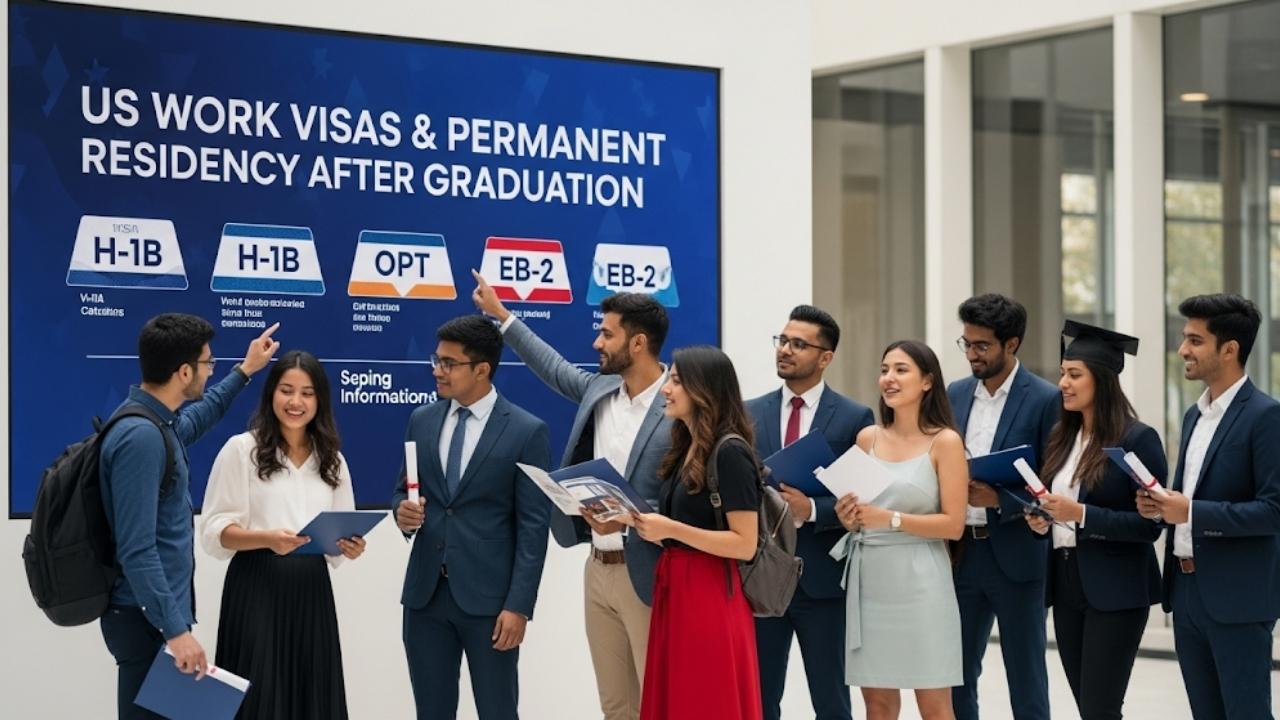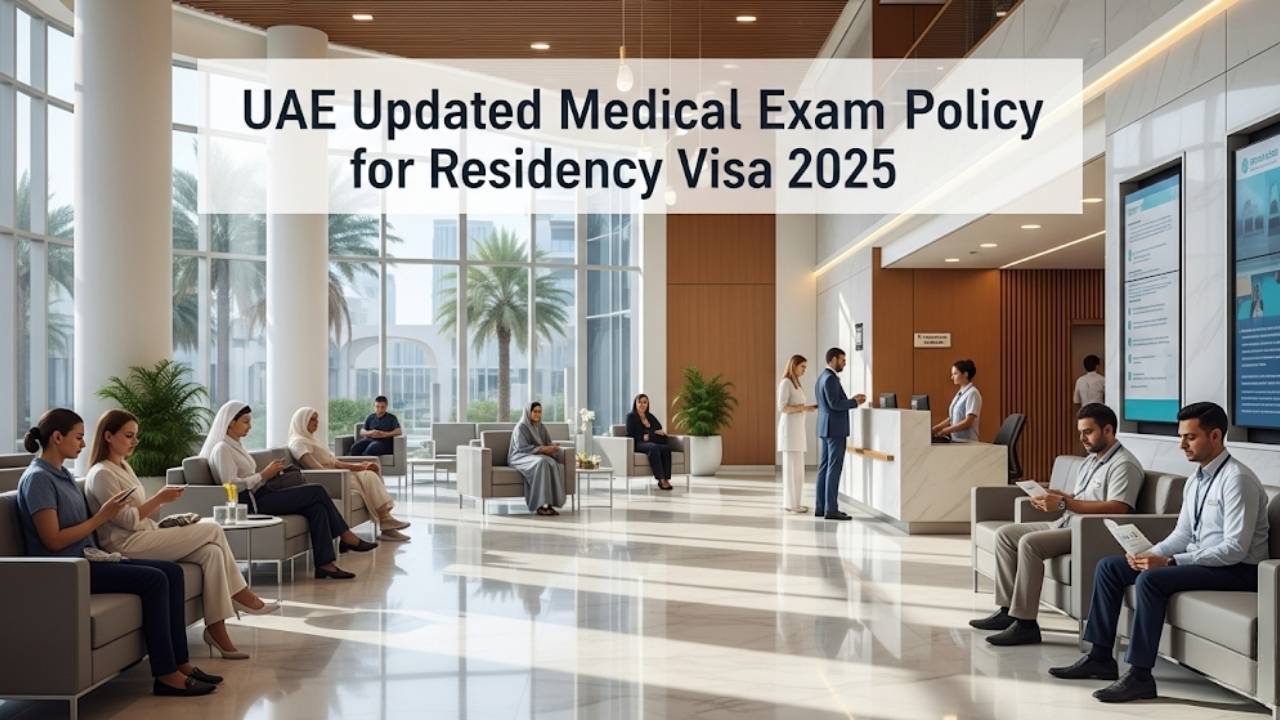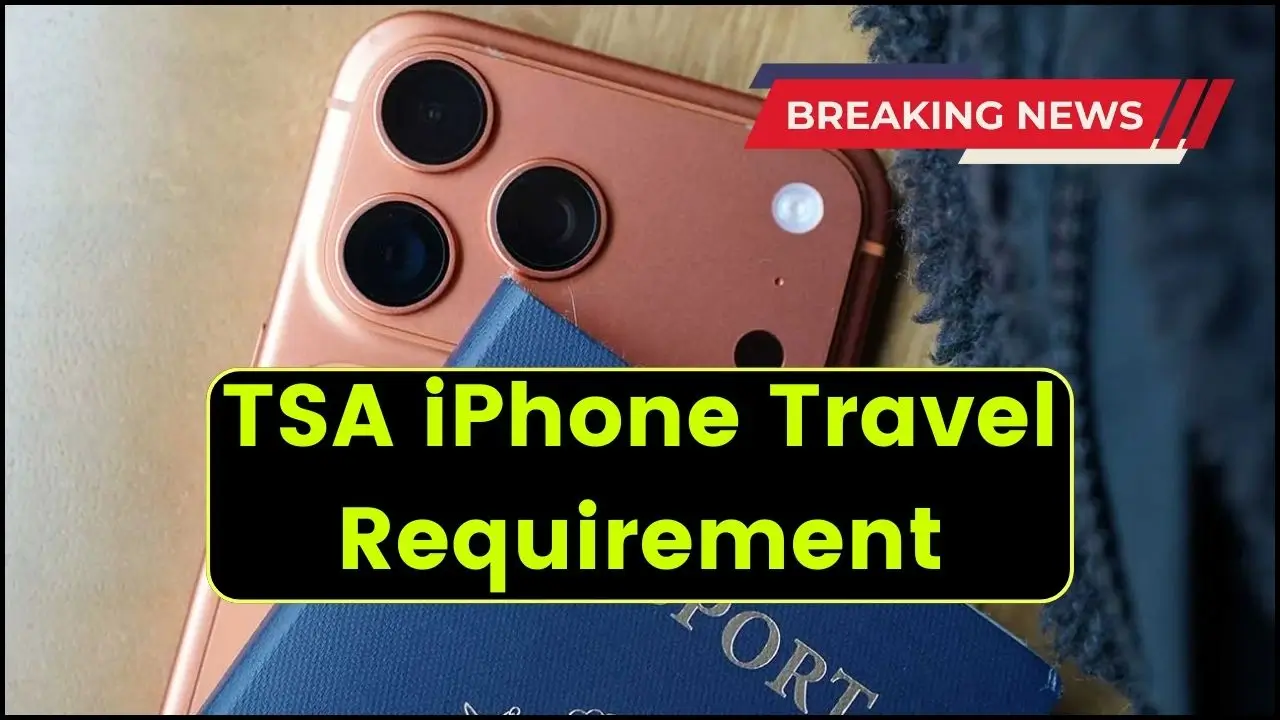The opportunity to work in the UK after graduation is a fantastic way to launch your global career, but navigating the visa landscape can feel like a puzzle. You’ve completed your degree, tossed your cap in the air, and now you’re wondering, “What’s next?” This guide is your roadmap. We’ll break down the key visa routes, simplify the requirements, and provide actionable steps to help you seamlessly transition from student to professional in the United Kingdom. Get ready to turn your hard-earned degree into a thriving career.

work in the UK after graduation
| Visa Route | Ideal For… | Key Feature |
| Graduate Visa | Graduates wanting flexibility to find a job. | No job offer or sponsorship needed to apply. |
| Skilled Worker Visa | Graduates who have already secured a specific job. | A direct path to long-term settlement. |
| Other Pathways | Entrepreneurs and specialists in certain fields. | Niche routes for high-potential individuals. official UK Government guidance |
Making the move from student to professional in a new country is a huge step, but the UK has created clear pathways to help you achieve it. The Graduate visa offers incredible flexibility to find your feet, while the Skilled Worker visa provides a stable, long-term route for those with a job offer. By understanding these options, preparing early, and using the resources available to you, you can confidently take the next step in your journey. Your UK career is not just a possibility; it’s within your reach.
The Game-Changer: Understanding the Graduate Visa
The Graduate visa is, without a doubt, the most significant development for international students in the UK in recent years. It’s designed to give you the breathing room to find the perfect job without the immediate pressure of company sponsorship.
What Is the Graduate Visa?
Think of the Graduate visa as a bridge between your studies and your professional career. It’s a type of post-study work visa that allows you to stay in the UK and work (or look for work) at any skill level for a fixed period after you’ve successfully completed your course. In my experience advising students, this flexibility is its greatest asset, as it opens doors to internships, freelance projects, and roles in smaller companies that may not be licensed sponsors.
Eligibility Checklist: Are You a Match?
To be eligible for the Graduate visa, you must meet several key criteria. According to the official UK Government guidance, you must:
- Be in the UK when you apply.
- Hold a valid Student visa (or Tier 4 (General) student visa) at the time of application.
- Have successfully completed the UK degree for which your Student visa was issued. This can be an undergraduate degree, a Master’s degree, or a PhD.
- Your university must have notified the Home Office that you’ve successfully completed your course.

How Long Can You Stay?
The duration of your Graduate visa depends on the level of your qualification:
- 2 years for students who have completed a Bachelor’s or Master’s degree.
- 3 years for students who have completed a PhD or other doctoral qualification.
This period is non-extendable, so the goal is to use this time to gain valuable work experience and, for many, to find an employer willing to sponsor them on a longer-term visa, like the Skilled Worker visa.
The Application Process: A Step-by-Step Guide
Applying is a relatively straightforward online process that you must complete from inside the UK.
- Wait for Confirmation: Your university will inform the Home Office once you have successfully completed your course. You can only apply after this has happened.
- Apply Online: Complete the application form on the GOV.UK website.
- Prove Your Identity: You’ll likely use the ‘UK Immigration: ID Check’ app to scan your Biometric Residence Permit (BRP).
- Pay the Fees: You’ll need to pay the visa application fee and the Immigration Health Surcharge (IHS) for the entire duration of your visa.
- Receive a Decision: Decisions are typically made within 8 weeks. You can stay in the UK while you await your decision, provided you applied before your Student visa expired.
Securing Your Future: The Skilled Worker Visa
If you’ve already landed a job offer from an approved UK employer, the Skilled Worker visa UK is your golden ticket. This visa is a more permanent route that can lead to settlement (indefinite leave to remain) in the UK.
When Is the Skilled Worker Visa Right for You?
This route is for you if you have a confirmed job offer in an eligible skilled occupation from a company that holds a Home Office sponsor licence. You can switch to this visa from a Student visa or a Graduate visa while you are in the UK.
Cracking the Code: The Points-Based System
To qualify, you must score 70 points. Think of it like a video game—you need to complete certain quests to win. According to the UK’s points-based immigration system rules, 50 points are mandatory and non-negotiable:
- Job offer from an approved sponsor (20 points)
- Job at an appropriate skill level (20 points)
- English language skills at the required level (10 points)
The final 20 points are “tradeable.” You can earn them through various combinations, most commonly by meeting the minimum salary threshold for your specific job. The general minimum salary is £38,700 per year as of 2024, but this can be lower for “new entrants” (which includes recent graduates switching from a Student or Graduate visa), those with a PhD relevant to the job, or roles on the Immigration Salary List.
Finding a Licensed Sponsor
Your potential employer must be on the official register of licensed sponsors. This is a publicly available list, and it’s a good idea to check it when you’re job hunting to see which companies are able to sponsor international talent.
Exploring Other Pathways to Work in the UK
While the Graduate and Skilled Worker visas are the main routes, a few other specialised pathways might be relevant for some graduates.
- Innovator Founder Visa: For those who have an innovative, viable, and scalable business idea they want to set up in the UK. You’ll generally need to be endorsed by an official endorsing body.
- High Potential Individual (HPI) Visa: If you graduated from a top-ranked global university outside the UK within the last five years, you might be eligible for this two-year work visa without needing a job offer.
- Global Talent Visa: For recognised leaders or potential leaders in the fields of academia, research, arts and culture, or digital technology.
Pro Tips for a Successful Transition
Knowing the visa rules is only half the battle. Here’s how you can proactively set yourself up for success.

- Start Early: Your job search should begin long before you submit your final dissertation. Engage with your university’s careers service—they are an invaluable, free resource.5 I’ve seen many successful applicants who started building their network and attending career fairs a full year before graduation. That proactive approach makes all the difference.
- Perfect Your CV: The UK CV format can be different from what you’re used to. It’s typically a two-page document with no photo. Tailor your CV and cover letter for every single application, highlighting the skills and experience relevant to that specific role.
- Understand Your Rights: Know what you are and aren’t allowed to do. For example, on a Graduate visa, you generally cannot work as a professional sportsperson, but you can be self-employed. The UKCISA website is an excellent resource for understanding your working rights.
Your UK Career Awaits
Making the move from student to professional in a new country is a huge step, but the UK has created clear pathways to help you achieve it. The Graduate visa offers incredible flexibility to find your feet, while the Skilled Worker visa provides a stable, long-term route for those with a job offer. By understanding these options, preparing early, and using the resources available to you, you can confidently take the next step in your journey. Your UK career is not just a possibility; it’s within your reach.
Navigating the U.S. Visa Integrity Fee: A Practical Guide for Applicants
A Global Look: United States Visa Interview Wait Times in All Sub-Continents
FAQs
Q1:Can I switch from a Graduate visa to a Skilled Worker visa?
Yes, absolutely. This is a very common and intended pathway. Once you find a job with a licensed sponsor that meets the requirements, you can apply to switch to a Skilled Worker visa from within the UK, even before your Graduate visa expires.
Q2:Do I need a job offer to apply for the Graduate visa?
No. This is the main benefit of the Graduate visa. You do not need a job offer or any form of sponsorship to apply. It is designed to give you time to look for work after you finish your studies.
Q3:What is the Immigration Health Surcharge (IHS)?
The Immigration Health Surcharge (IHS) is a mandatory fee that gives visa holders access to the UK’s National Health Service (NHS) on the same basis as a permanent resident.7 You must pay this for yourself and any dependants as part of your visa application.
Q4:Can my family (dependants) stay with me on a post-study visa?
If your dependants (partner or children) are already in the UK with you on your Student visa, they can usually apply to stay as your dependants on the Graduate visa. However, under current rules, new students starting courses from January 2024 onwards are generally not allowed to bring dependants, which impacts who can apply for dependant visas on a post-study route. Always check the latest UK work visa requirements on the GOV.UK website for the most current rules.










